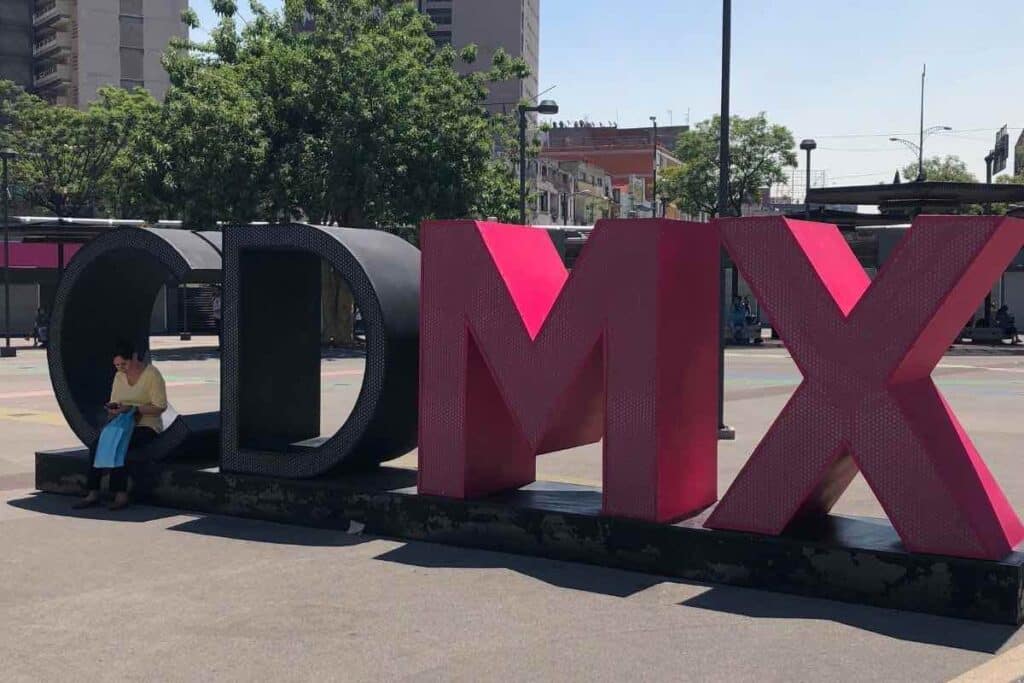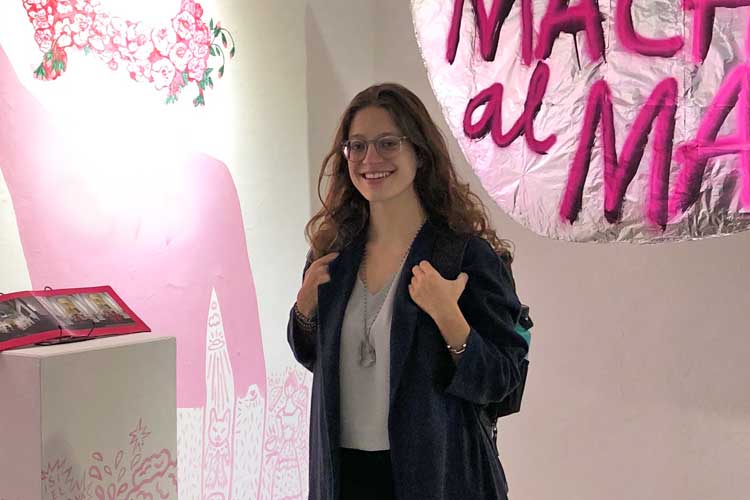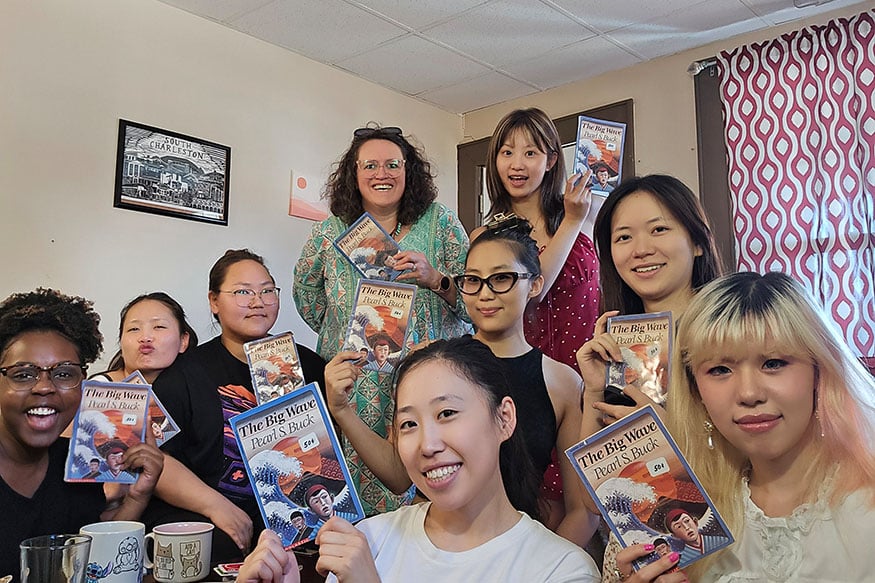“There are refugees in Mexico?” is the response I get when I tell people what I do for work. The majority of people assume refugees are all making their way to the United States, and only staying in Mexico transiently. However, that is not the case, as Mexico is experiencing their own surge in migration.
The number of refugees in the country has skyrocketed in recent years. There are currently about 29,600 refugees and asylum seekers, the majority of whom are fleeing Honduras, El Salvador, and Venezuela due to generalized and domestic violence, internal political unrest, and other human rights violations.
Unfortunately, there are very low rates of asylum cases being granted. In addition to a low approval rate, the refugee community has little knowledge of their rights, scarce access to legal services, often face detention, and cannot work while their asylum applications are processing— which only increases their economic hardship.
Spreading awareness of rights, changing the asylum process, and increasing access to legal aid are all goals Asylum Access Mexico is currently tackling. I’m excited to be volunteering with the organization to advocate for refugee rights.

Image courtesy of Nikki Stoumen
How Asylum Access Mexico is helping refugees
In addition to the main pillars of legal representation and policy advocacy, Asylum Access Mexico also works on refugee integration through an initiative called the Hospitality Route, which is where my time is focused. Our goal is to create a network of support for refugees that allows them to access their rights to employment, education, and health.
But how does this look? Basically, we’re building alliances with businesses, civil society organizations, schools, and medical providers to spread awareness about refugees in Mexico and to connect our clients and the refugee community at large to the opportunities these partners can provide.
In my first few weeks, for example, we met with a movie theater that was willing to give refugees discounted entrance and screen a refugee documentary. We also collaborated with an adult school willing to offer scholarships to refugees and an electrical company willing to hire them.
Transgender and Refugee—A Unique Set of Challenges
During my first month with Asylum Access Mexico, the most impactful meeting I had was with the organization Jauría Trans, a transgender advocacy organization. I learned about the intersectionality of trans rights and refugee rights and how many refugees in Mexico fled their countries of origin because of their trans identity.
Many people in the Mexican trans community struggle with providing legal identification because they’ve changed their names and gender. This can make the already stressful refugee application process more traumatizing because they are required to explain their identity repeatedly to government officials requesting identification and often to officials who have no understanding of trans rights.
Additional challenges include lack of access to adequate healthcare services and discrimination based on their transitioned gender. When refugees arrive at their first migrant shelter, they are often relocated to shelters in different areas. For a trans person, they may run the risk of being sent to a town that is equally unsafe for them as their country of origin might have been.
Jauría Trans is working to spread awareness and create a safe space for this trans community. On the day of our meeting, the cultural center where Jauría Trans works out of was holding an exhibit on feminist protests in Mexico. This alliance encouraged me to continue learning about what kind of work small organizations like Jauría Trans are doing as changemakers to make an impact in such a huge city.

Image courtesy of Nikki Stoumen
Although it hasn’t been long, I can feel that there is so much potential for us to spread awareness about refugees in Mexico and to connect with amazing organizations and resources to help refugees restart their lives in their new country.
In the coming months, we plan to build on these formed partnerships, assist refugees with employment at allied companies, and host a World Refugee Day event with Jauría Trans. I am honored to fight alongside advocates in this organization in making refugee rights a reality during these six months of volunteering.




